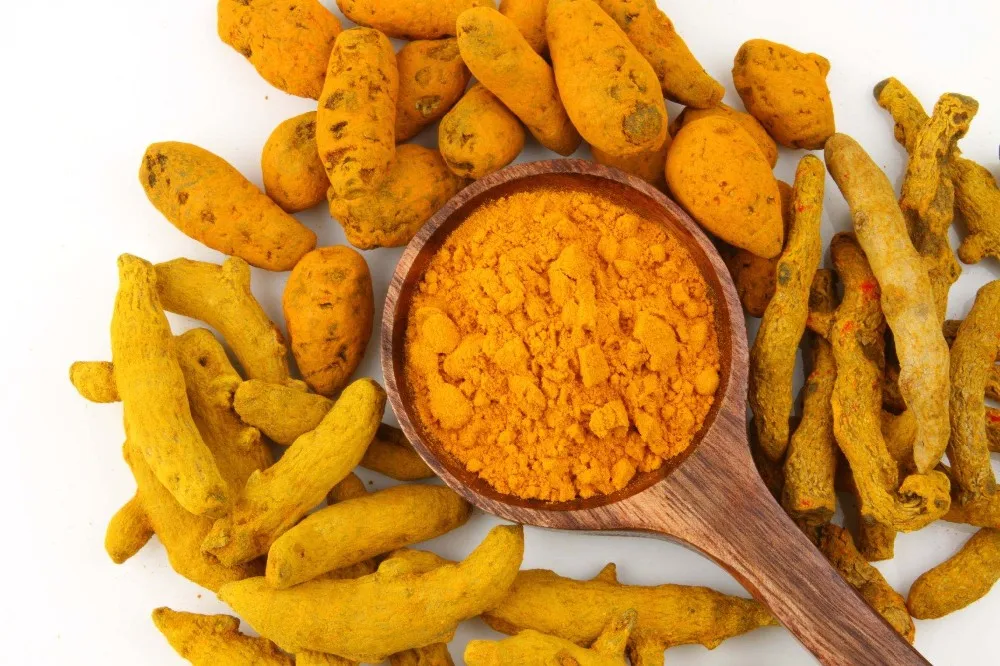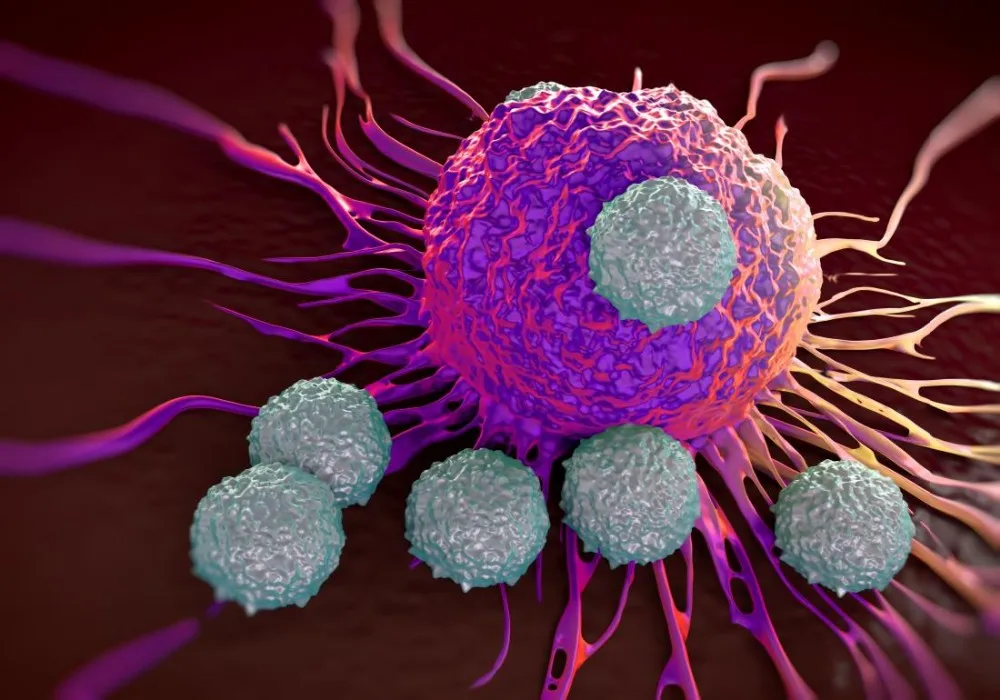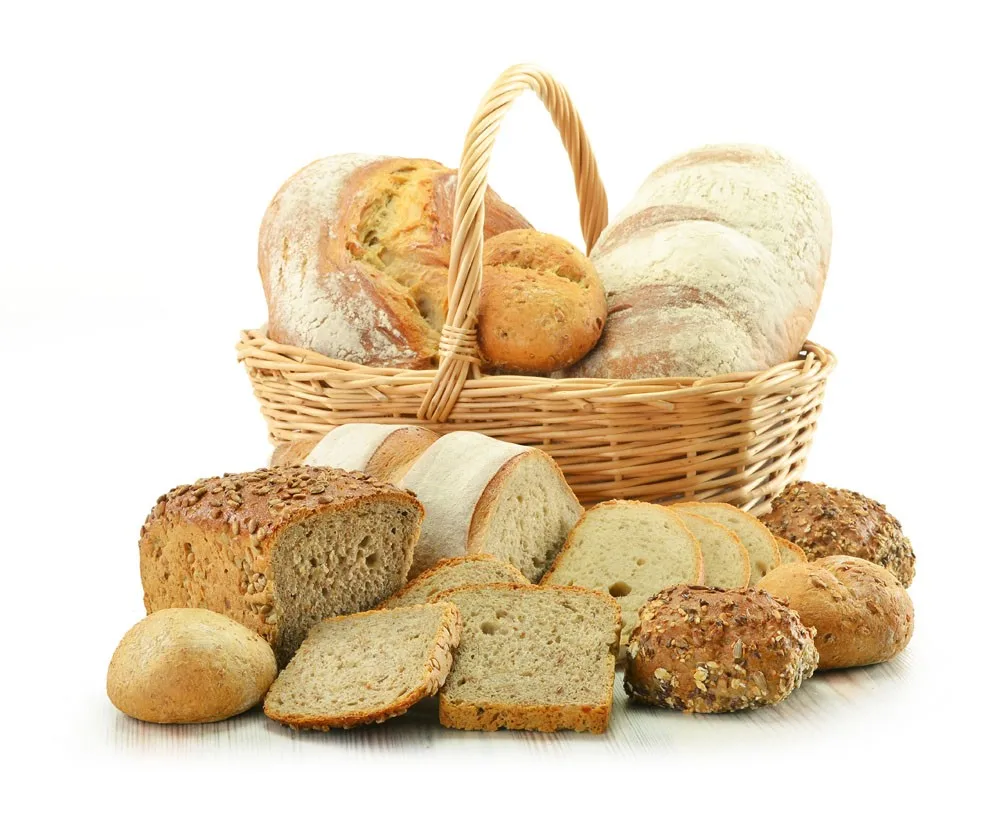
| Turmeric root extract |
| Test Method: HPLC |
| Specification: Curcumin 95%Appearance: yellow fine powderApplication: in food additive and cosmetic additive. |
Application
Medical Science Use
1
Reducing blood fat, antioxidant, resisting inflammation, resistance to atherosclerosis, etc. People found that curcumin can inhibit HIV – 1 integrase activity and used in AIDS clinical trials in 2004…
2
The curcumin of curry has antioxidant effect, can restrain amyloid plaque to form in the brain, so as to reduce the chance of developing alzheimer’s disease.
3
In August 2012, the George Mason University researchers found that curcumin is a broad-spectrum inhibitors to prevent a series of virus infect health cells..



Food Use
Used for coloring such as intestinal class products, canned foods, sauce Lu products, its usage based on the normal production needs.
Industry Use
1. As a kind of natural pigment to used in the food industry
2. Used as a pH indicator, pH 7.8 (yellow) – 9.2 (red brown).

Cosmetic Use
Turmeric (INCI: Curcuma longa) is an ancient powdered spice that is part of the ginger family. It has a wide range of therapeutic and cosmetic benefits. The active ingredient, curcumin, is a natural antiseptic with antibacterial/antimicrobial properties. It heals and prevents dry skin and is used to treat eczema and acne. Turmeric is traditionally used in daily face and hair care, as well as in Hindu celebrations. It has also been shown to slow the aging process and wrinkle formation.

Analysis
| Purity | 95% curcumin | Microbial: | Max.1000cfu/g |
| Loss on drying | ≤5.0% | ≤10ppmPAH | ≤10ppm |
| Ash | ≤0.5% | GMO | NON-GMO |
| Total Heavy Metals | ≤10ppm | BSE | NON-BSE |


